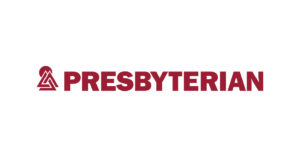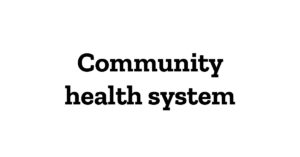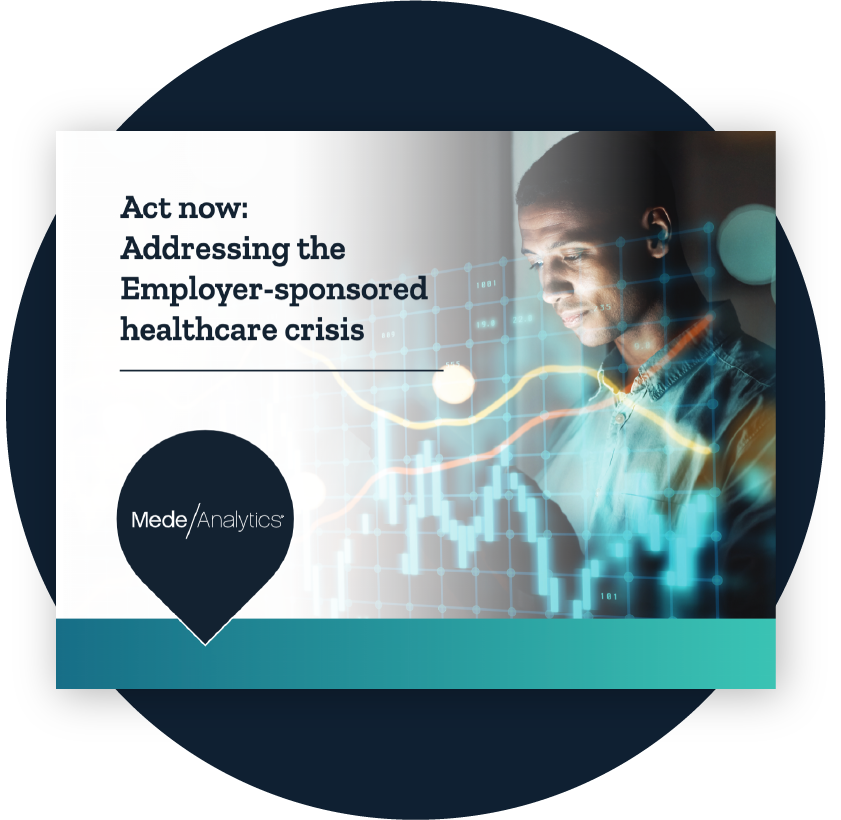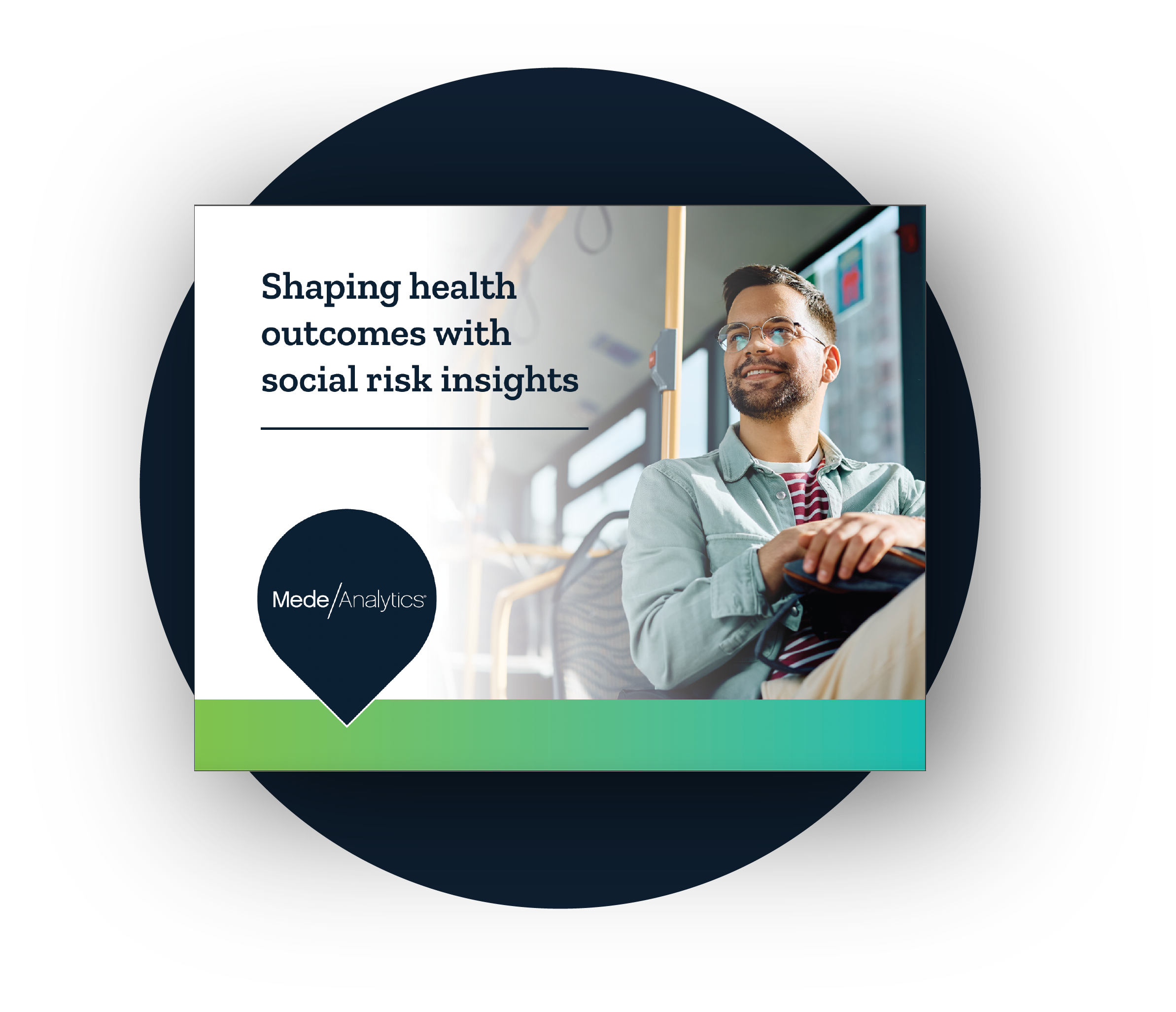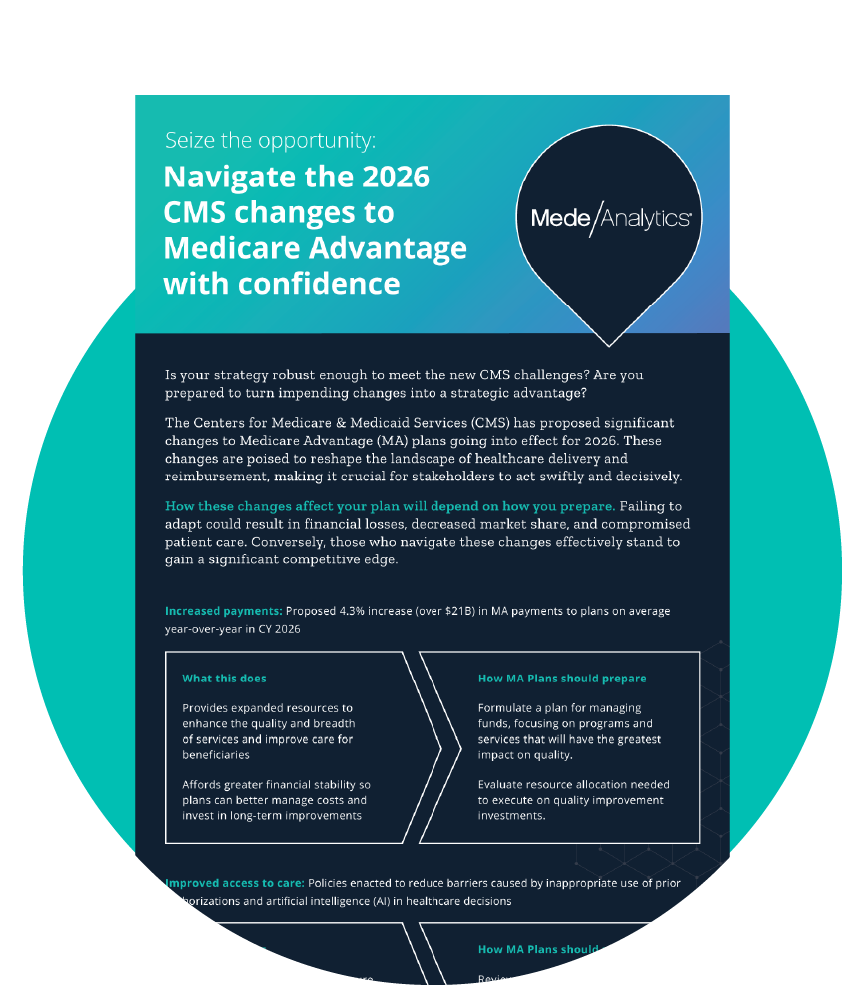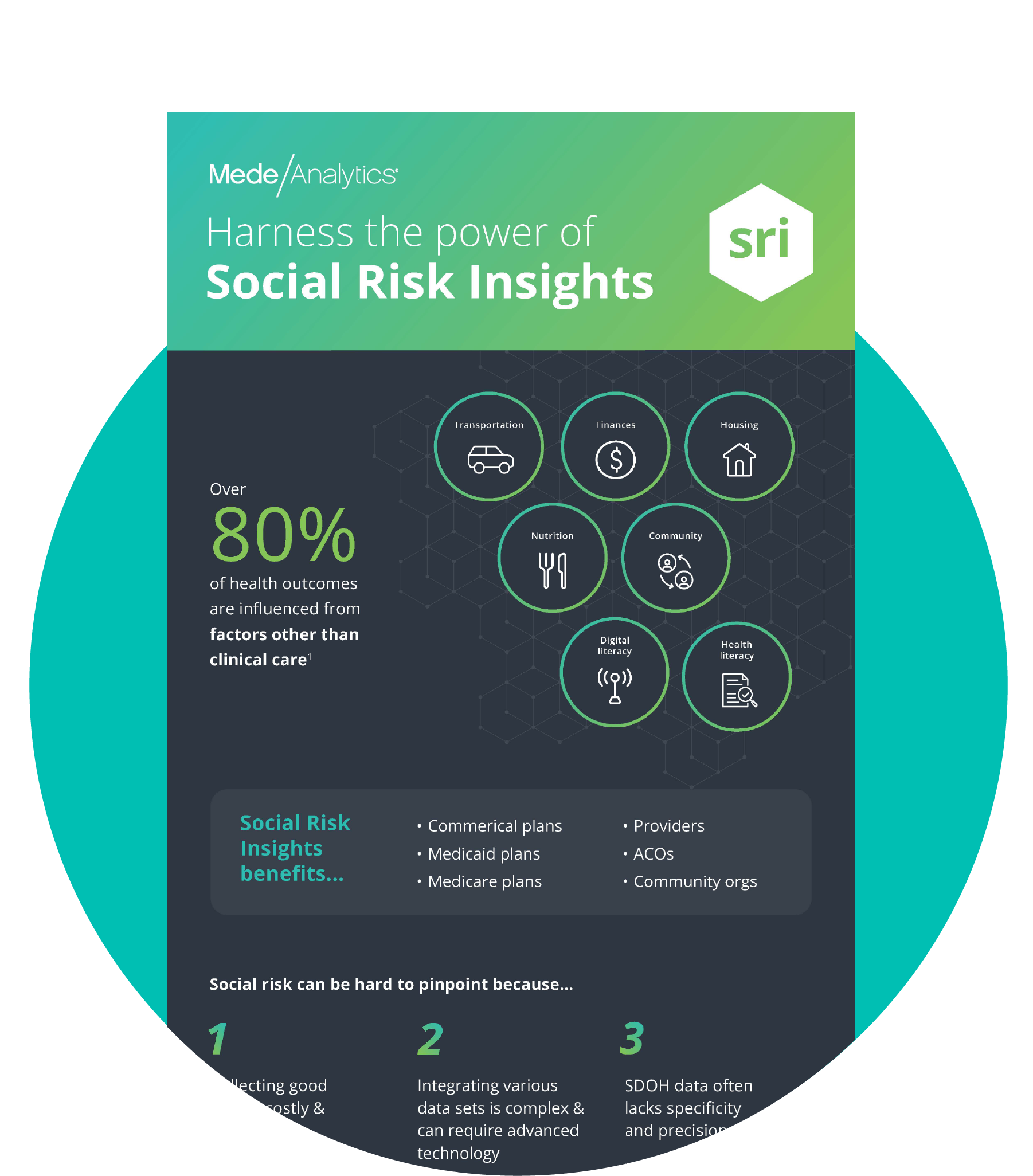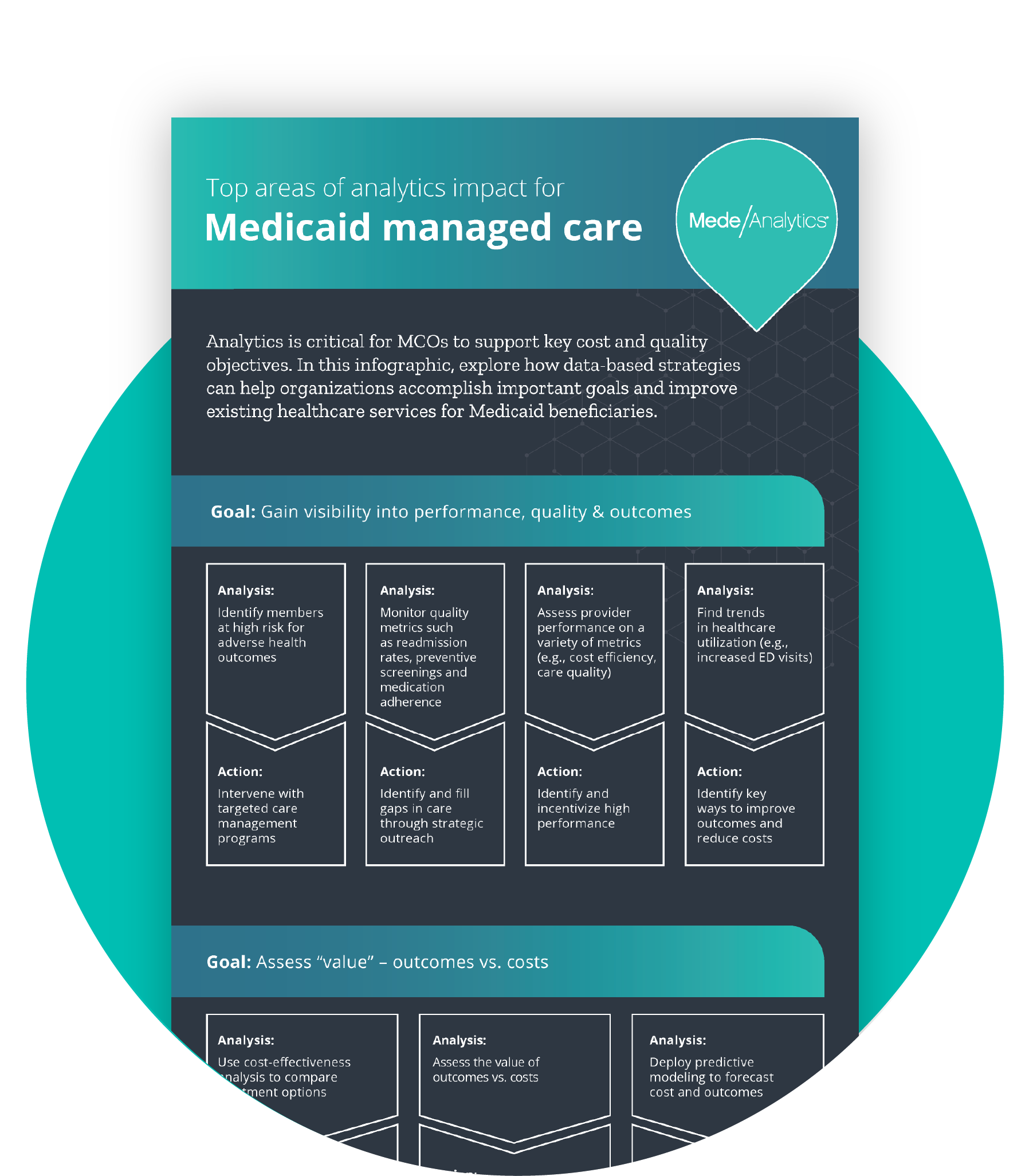The hottest topics in healthcare
Browse our resources by category:
Articles
5 powerful data analytics strategies to optimize employee health and benefits
Controlling employee healthcare costs while maintaining a healthy and productive workforce is a top priority for today’s employers. Traditional approaches…
Helping Accountable Care Organizations Navigate the Perfect Storm
In the ever-evolving landscape of healthcare, Accountable Care Organizations (ACOs) find themselves at the epicenter of a transformative era. Recently,…
Navigating the Medicare Landscape: Implications of the Latest Rule Changes for Healthcare Organizations
The Centers for Medicare & Medicaid Services (CMS) has recently unveiled significant proposed changes to Medicare Advantage (MA), Medicare Prescription…
Webinars
The Impact Initiative Live: Join us for lively conversations, exciting show and tell, and an inside look at how we’re driving measurable impact at leading healthcare organizations. New sessions released monthly. Follow us on LinkedIn so you don't miss out!
Client webinars: Deep-dive with your peers to learn about the challenges they faced and their pathway to success with MedeAnalytics.
Blueprints for action
Employer-sponsored healthcare
Explore the current ecosystem, and where employers can make cost-saving improvements.
Value-based
care
Check out our resources for how to find success at the intersection of analytics and value.
Medicaid &
managed care
Education, direction, and inspiration to support your care access, equity, and delivery goals.
Keep browsing: Articles | Webinars | Client Impact | Blueprints | eBooks | Infographics



